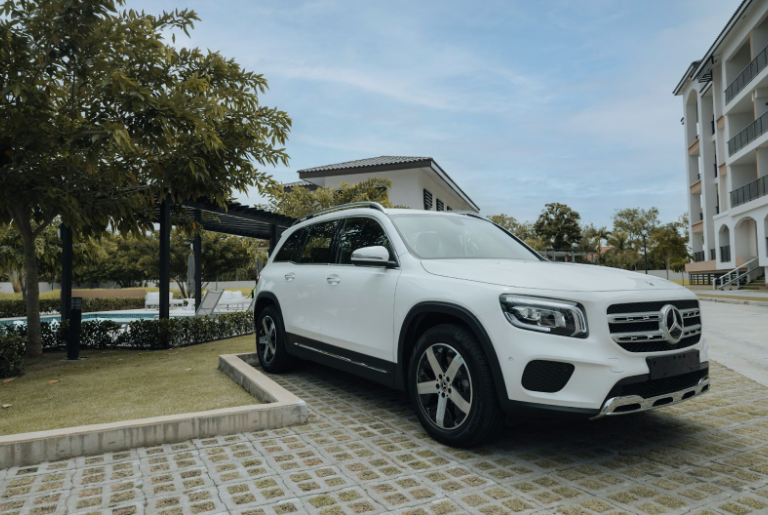City Living: Car Vs SUV Comparison
Urban life often demands practicality, flexibility, and efficiency, especially when it comes to transportation. In cities with busy streets, tight parking spaces, and varying road conditions, choosing between a car and an SUV can be a challenging decision. Both have distinct advantages and drawbacks depending on your specific needs, lifestyle, and environment. Here's a comparison to help urban dwellers decide whether a car or an SUV is the better option for city living.
Size and Maneuverability
One of the primary considerations when choosing between a car and an SUV in a city is the vehicle's size. Compact cars tend to be more manoeuvrable in congested traffic and are easier to park in tight spaces, which is a huge advantage in crowded urban areas. The smaller footprint allows for easier navigation through narrow streets and quick lane changes.
On the other hand, SUVs are often larger and may require more space for parking and manoeuvring. However, compact SUVs, like the glb mercedes, are designed to offer the benefits of an SUV while maintaining a smaller profile that fits city life. Compact SUVs provide higher ground clearance, making them easier to navigate over potholes or uneven roads often found in urban environments.
Fuel Efficiency
Fuel economy is a crucial factor for those living in cities, where stop-and-go traffic and frequent short trips are common. In general, cars tend to be more fuel-efficient than SUVs due to their smaller engines and lighter weight. If you're primarily driving within the city limits, a fuel-efficient car can save you money on fuel and reduce your carbon footprint.
However, advancements in SUV technology have made many models nearly as fuel-efficient as cars, particularly smaller, hybrid, or electric SUVs. Some compact SUVs now offer comparable kilometres per litre (km/L) to midsize cars, making them a viable option for eco-conscious city dwellers.
Cargo Space and Versatility
When it comes to carrying passengers or cargo, SUVs typically have the upper hand. They offer more storage space, higher seating capacity, and better versatility than most cars. For families or individuals who frequently haul groceries, sports equipment, or luggage, the additional space in an SUV can be a significant advantage.
In contrast, cars usually have less cargo space but are sufficient for individuals or couples who don’t need to transport large loads regularly. Hatchback models, in particular, can offer a decent amount of cargo room without compromising the car’s small size and efficiency.
Safety Features
SUVs generally sit higher off the ground, offering drivers better visibility, which can be a valuable safety feature in city traffic. In addition, modern SUVs come equipped with advanced safety technologies like lane departure warnings, blind-spot monitoring, and collision avoidance systems.
While many cars also come with these features, their lower ride height might make it harder for drivers to see over other vehicles or avoid obstacles in city traffic. However, cars are often easier to control in tight spaces and sudden manoeuvres, making them safer in certain urban driving scenarios.
There You Go
The choice between a car and an SUV for city living ultimately depends on your individual preferences and needs. If you prioritise manoeuvrability, fuel efficiency, and ease of parking, a car may be the better choice. However, if you need extra cargo space, versatility, and enjoy a higher driving position, an SUV could be the perfect fit for urban life. Ultimately, both types of vehicles offer unique benefits, and understanding these distinctions will help you make the best decision for your lifestyle.


